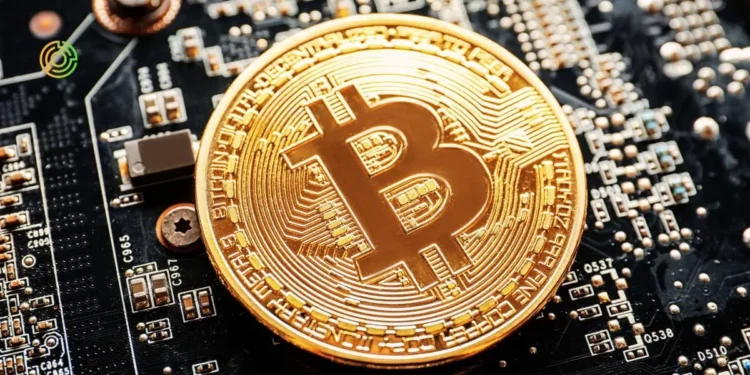The continuous growth of the cryptocurrency market has left many people wondering if it’s possible to mine cryptocurrency at home. This idea may sound appealing, but it’s essential to understand the implications and complexities of mining at home. Let’s look at the potential costs and challenges involved in home-based mining.
Hardware Requirements and Costs
The first factor you’ll need to consider is the hardware required for mining cryptocurrency. Gone are the days when a simple desktop computer could mine Bitcoin efficiently. Today, you need specialized mining equipment called ASIC (application-specific integrated circuit) miners designed explicitly for mining cryptocurrencies. These devices can be costly, with some of the more efficient models carrying a price tag of thousands of dollars.
The appropriate mining hardware isn’t the only thing you need. Peripheral equipment, such as cooling systems and electricity management devices, is also essential if you want to run a stable and efficient mining operation.
Energy Consumption and Costs
One obstacle to mining cryptocurrency at home is the high energy consumption of mining hardware. Mining operations require consistent and reliable power to run the mining equipment, which can lead to skyrocketing electricity bills.
If you’re considering building a mining setup at home, make sure you calculate your potential electricity costs, taking into account the power consumption of your mining hardware and your local electricity rates. Mining cryptocurrency may not be profitable if your energy costs outweigh the value of the mined coins.
Noise and Heat
Cryptocurrency mining setups generate a significant amount of heat and noise, which can be an inconvenience, especially in a home environment. ASIC miners can be quite noisy, making it challenging to use them in shared living spaces.
Additionally, the heat generated by the mining operation can be a concern—particularly during the warmer months—making it essential to invest in proper cooling systems to maintain a comfortable temperature and prevent any potential damage to the equipment.
Regulatory and Legal Considerations
Before you start mining cryptocurrency at home, research the local regulations and legal requirements in your area. In some jurisdictions, cryptocurrency mining might require registration or compliance with specific laws, making home-based mining a more complex endeavor than initially thought.
If you’ve weighed the pros and cons of mining cryptocurrency at home and still find the idea interesting, you do have some options. For instance, you could host your mining equipment at a data center or a specialized mining facility; however, choosing a good Bitcoin miner host is essential. The right provider offers a more controlled environment, access to cheaper electricity, and professional support, ensuring that you make the most of your investment without the potential drawbacks associated with home-based mining.
Is it possible to mine cryptocurrency at home? It’s not impossible, but it is a challenging undertaking that requires careful consideration of factors like hardware costs, energy consumption, and local regulations. By carefully weighing these aspects and exploring options such as hosting your mining equipment with a reputable provider, you can better position yourself for success in the world of cryptocurrency mining.
Follow us on our social networks and keep up to date with everything that happens in the Metaverse!
Twitter Linkedin Facebook Telegram Instagram Google News Amazon Store












































